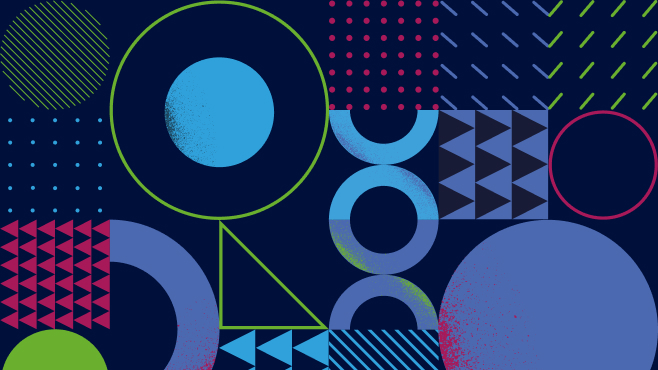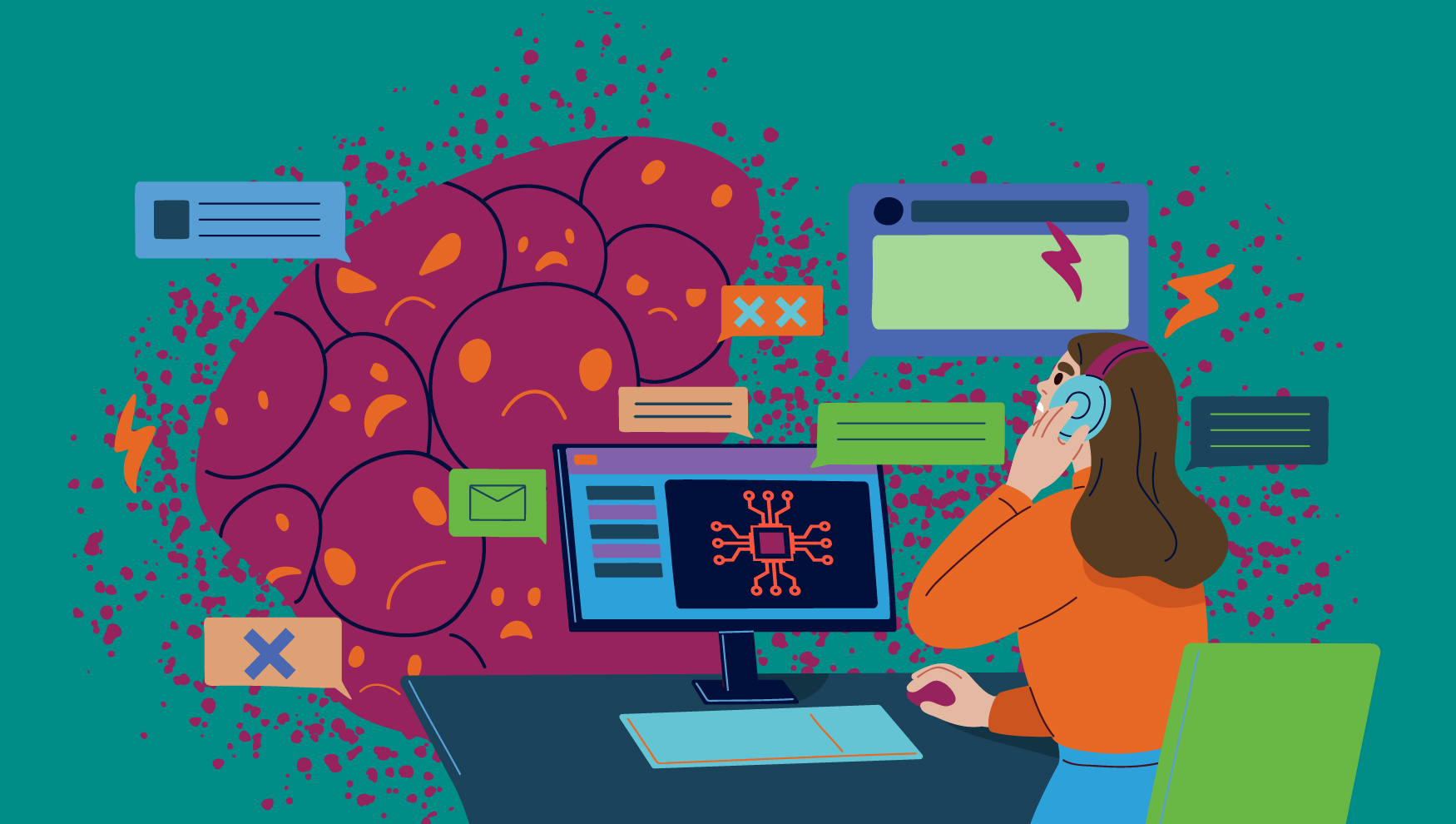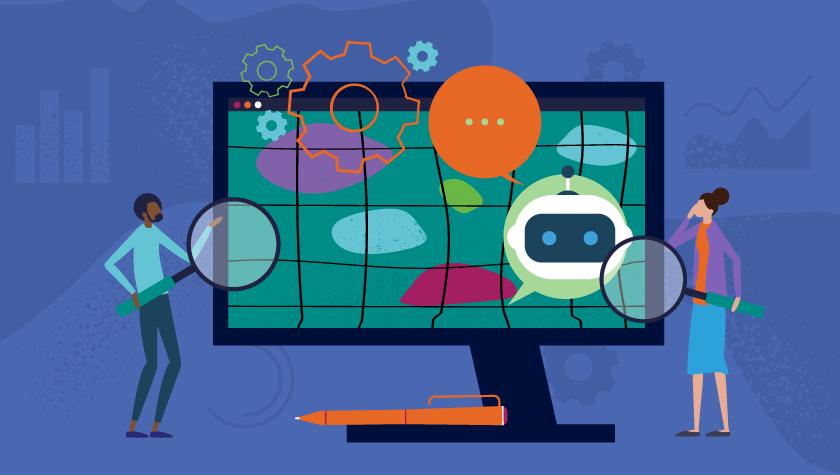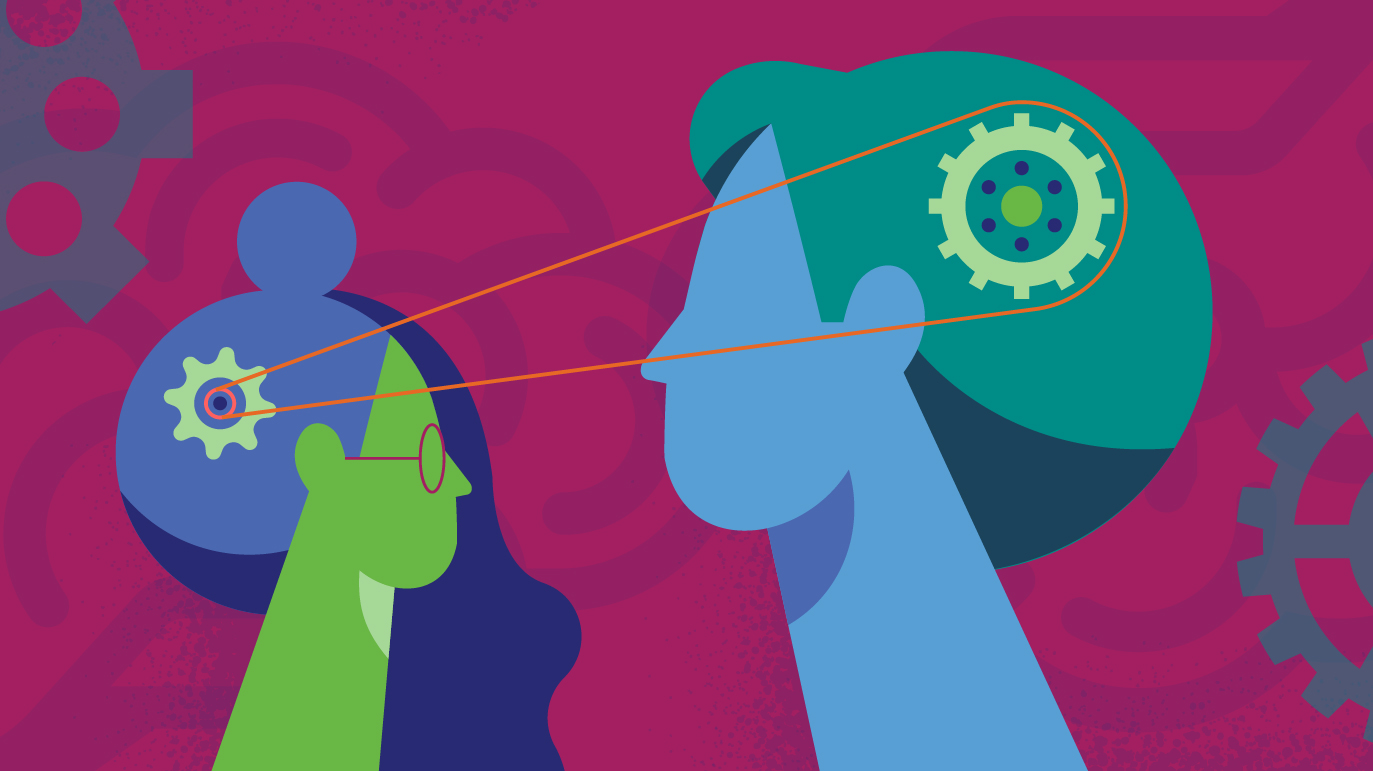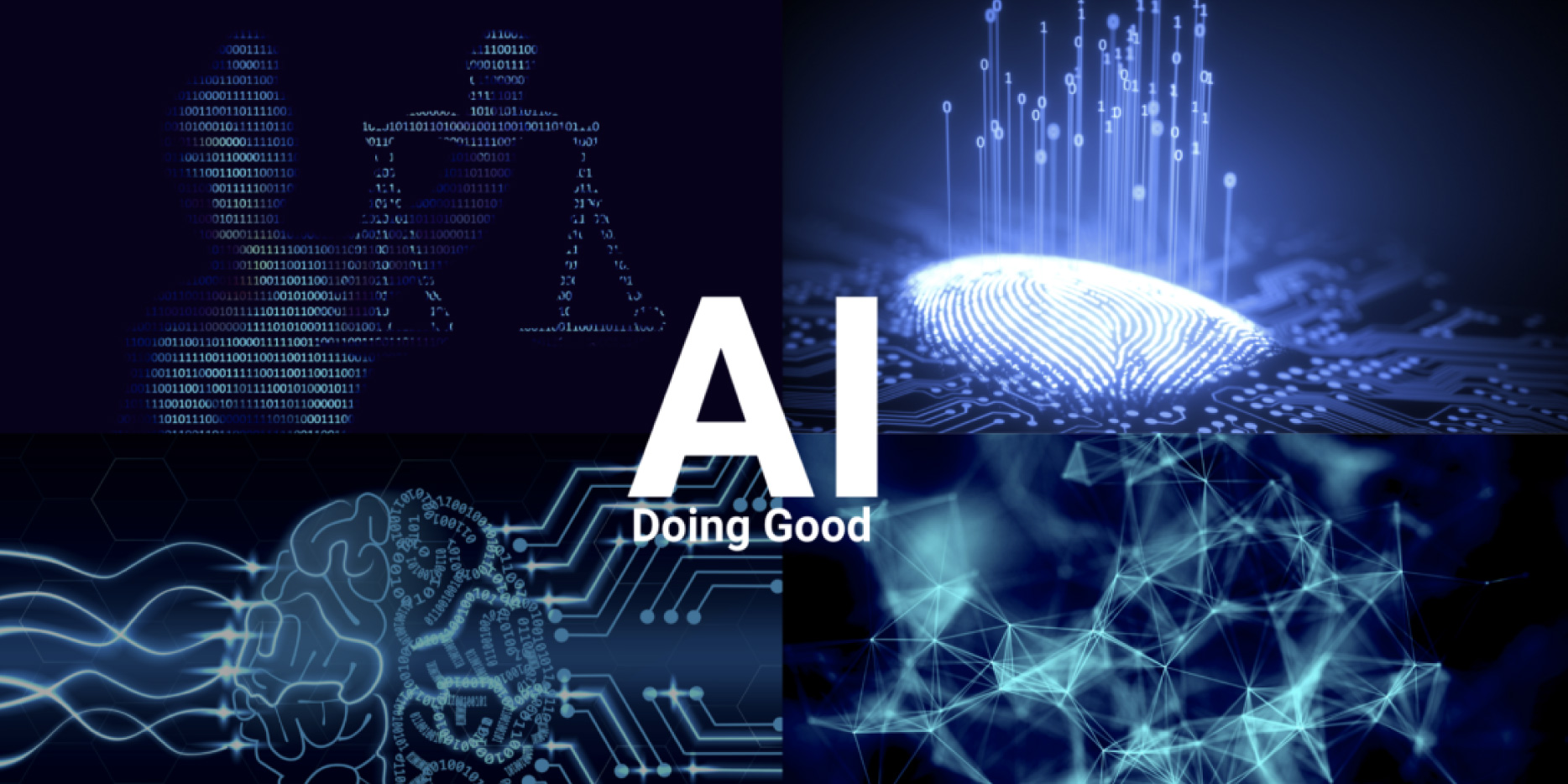
Recently, I was proud to speak at the Harvard Business School’s Machine Learning Conference, Applied AI, regarding the real-world ethical application of AI at Feedzai. I was joined by other industry experts like David Ferrucci, who built and led the IBM Watson team, Max Tegmark, the Director & Co-Founder of the Future of Life Institute, as well as leaders from 23andMe, Amazon, Google, and Spotify who shared their insights.

As a co-founder and CTO of Feedzai, the ethical application of artificial intelligence is always at the forefront of my mind. On stage with Feedzai at Web Summit 2017, the late Stephen Hawking, a pioneer of ethical AI application, said:
“We need to take learning beyond a theoretical discussion of how AI should be, and take action to make sure we plan for how it can be.”
This is a sentiment that I, and everyone at Feedzai, lives by. With the advent of the digital era, the evolution of artificial technology has gone far beyond the theoretical realm. We live in a time beyond just planning for artificial intelligence advancements: we now have to consciously develop our products to ensure that they meet the highest ethical expectations.
In order to meet these expectations, Feedzai’s ethical development and use of artificial intelligence boils down to four key principles:

The first pillar is always fair. We operate without bias, evaluating people on how they behave, not what they are. We also protect people by keeping their data private and not allowing that data to be used against them.
The second pillar is forever verifiable. We log all decisions, recommendations, and scores from its origin, maintaining version control over all of the data, models, and inputs that led to a decision.
The third pillar is anonymous by design. We recognize that people have the right to anonymity and the right to have their data forgotten if they choose to.
The final pillar is transparently intelligent. At Feedzai, it is our goal to create a system that learns from observations, evolving as it learns new data. We also aim to build systems that can easily explain how a decision was made and can help others improve.
With these ethical pillars in mind, the possibilities that AI provides are seemingly limitless.
Just look at the advancements we’ve made so far. Driverless cars now roam the streets, offering the potential to save millions of lives from vehicle-related deaths annually while drastically improving roadway efficiency. AI-assisted surgery improves patient outcomes by reducing variation while providing surgeons with insights to continually improve. AI-enabled precision spraying in agriculture can reduce herbicide resistance, both saving farmers money and ensuring that we meet the growing global demand for high-quality and healthy food. Redundant tasks can be automated with intelligent AI-based automation, improving worker efficiency and giving humanity more time to focus on making the world a better place.
I, and Feedzai as a whole, also see the promises that AI also brings to the field of fraud and financial crime prevention. I see my day-to-day as striving towards unlocking AI’s true capabilities and ensuring that money flows friction-free while humans stay safe from the implications of financial crime.
While doing so, I ensure that our core pillars always apply to the work that we produce. AI’s promises are significant, but the only way to improve the world that we live in is to take these steps forward while always maintaining an ethical worldview.
As Stephen Hawking said:
“Perhaps with the tools of this new technological revolution, we will be able to undo some of the damage done to the natural world by the last one, industrialization. We will aim to finally eradicate disease and poverty. Every aspect of our lives will be transformed. In short, success in creating effective AI could be the biggest event in the history of our civilization. Or the worst.”
Share this article:
Related Posts
0 Comments15 Minutes
ChatGPT Revolutionizes Retail Banking…Soon
The world is buzzing with excitement about Large Language Models (LLM) and Generative AI…
0 Comments11 Minutes
ChatGPT Creates New Data Science Challenges
ChatGPT can spit out a fraudulent email from Amazon in a matter of seconds. It can pass…
0 Comments8 Minutes
Understanding FairGBM: Feedzai’s Experts Discuss the Breakthrough
Feedzai recently announced that we are making our groundbreaking FairGBM algorithm…
